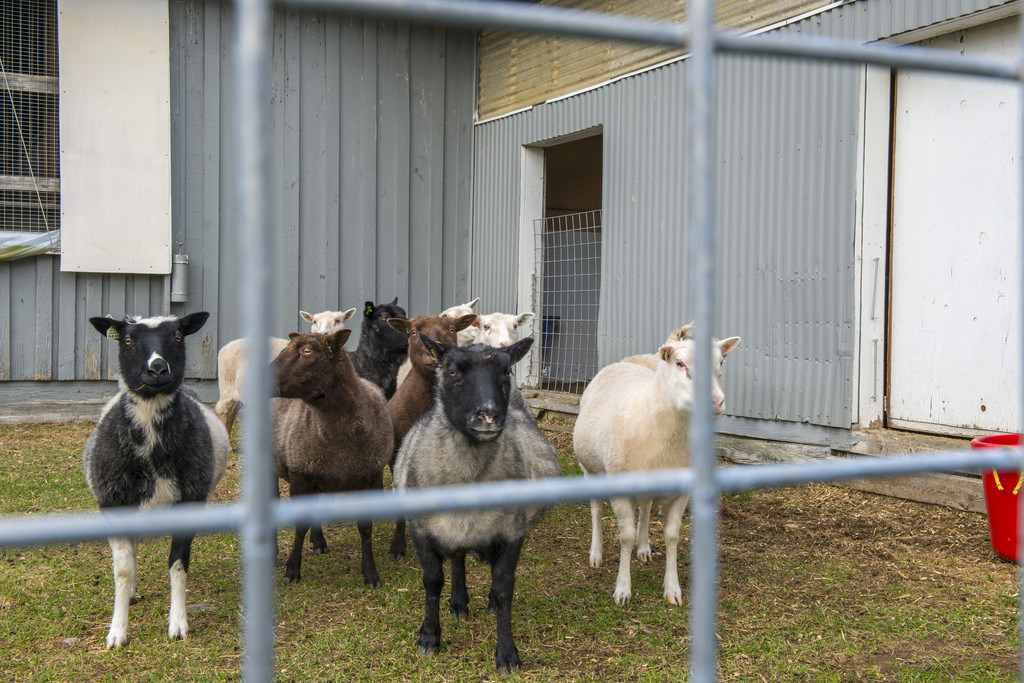
Development of region-specific programs to control internal parasites of goats and sheep in northern climates
Sheep and goat farms are the fastest-growing segment of livestock agriculture in Maine, and constitute a diverse group of producers who market high-value products such as wool, milk, and meat to regional markets throughout New England. Internal parasitism is an increasingly important problem for these farmers because it often results in significant death losses and decreased production on even well-managed farms. While chemically-based treatments are available to “worm” sheep and goats, many Maine farms that produce dairy products, have limited choices of chemical methods for parasite control, and require nonchemical pasture management strategies to protect their stock from parasitism. Producers who sell to an organic or natural market are even more limited, since they are generally restricted from selling product from animals treated with any chemical dewormer. Current protocols for nonchemical parasite control in Maine are based primarily on studies completed in temperate and southern states in the U.S. These studies may not be applicable to Maine farmers, since some of the most important internal parasites were originally sub-tropical species that may be effectively controlled in Maine by a better understanding of their ecology in a cold climate. This research plans to develop and implement parasite control strategies that are tailored to parasites living in a northern climate. We expect that this Maine-based work will also be of interest to scientists and producers in northern climates throughout the world. Successful completion of the proposed projects is expected to have a positive impact on Maine agriculture by providing sheep and goat producers with more effective parasite control strategies that are tailored to the specific needs of producers in northern climates.
Investigators: Weber, J.; Lichtenwalner, A.; Brzozowski, R.
Unit: School of Food and Agriculture
Termination Date: 30-Sep-17
